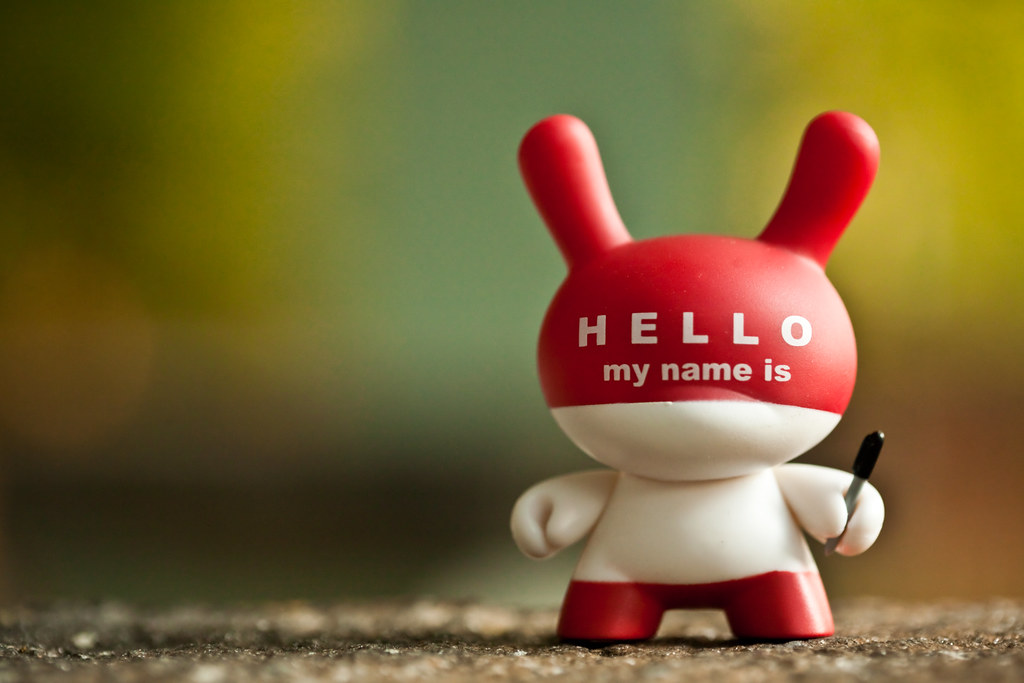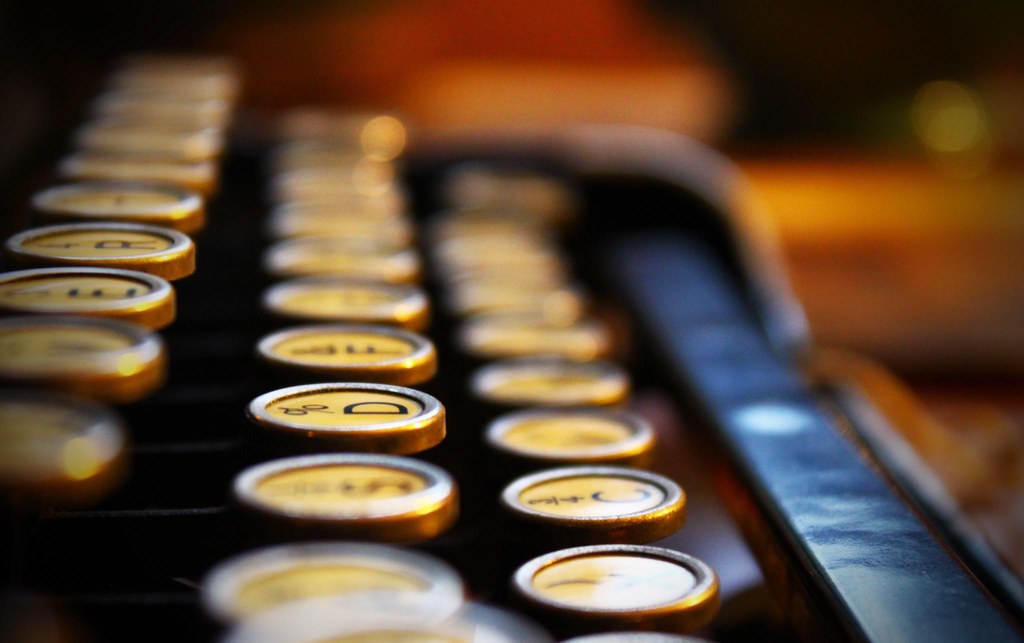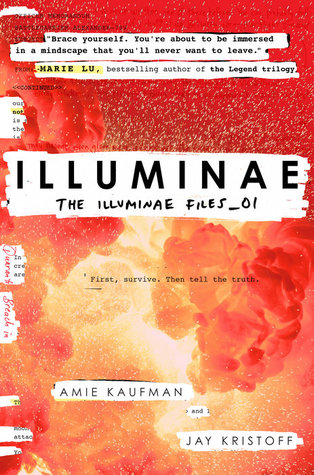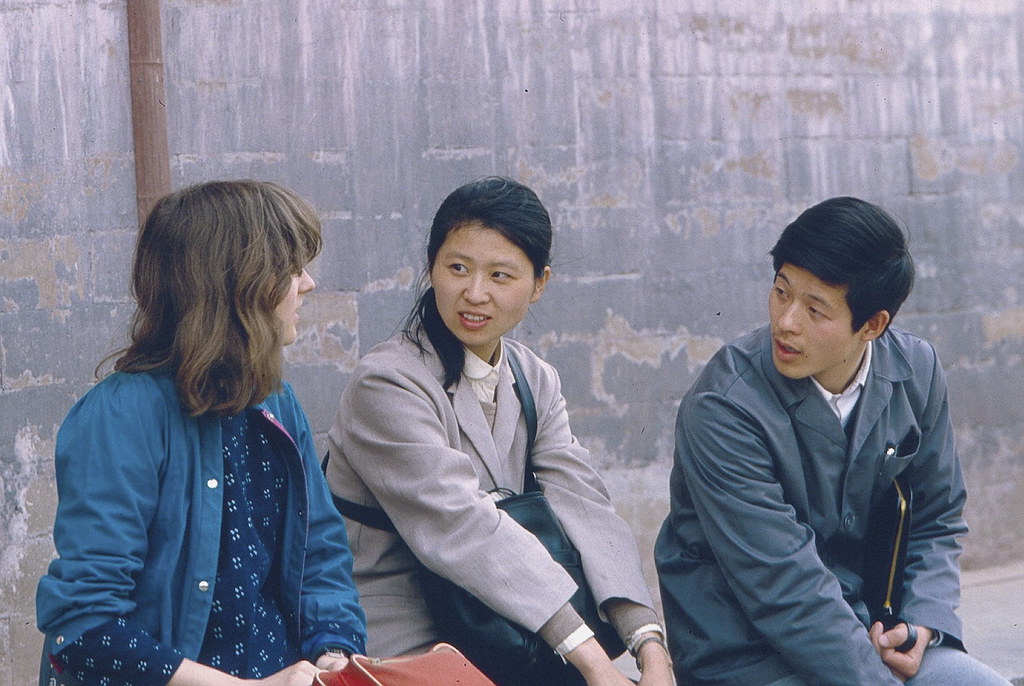 |
| Photo credit: Evangelio Gonzalez MD on Flickr |
Which. Um. Means it's time for the next Fixing the First Page feature before I go make a blanket fort. Eeep!
As these things go, I'll start by posting the full first 250 excerpt, after which I'll share my overall thoughts, then my redline critique. I encourage you guys to share your own thoughts and critiques in the comments (because I'm one person with one opinion!), as long as it's polite, thoughtful, and constructive. Any rude or mean comments will be unceremoniously deleted.
Here we go!
Title: WILD CALLING
Genre/Category: YA Historical Paranormal
First 250:
As these things go, I'll start by posting the full first 250 excerpt, after which I'll share my overall thoughts, then my redline critique. I encourage you guys to share your own thoughts and critiques in the comments (because I'm one person with one opinion!), as long as it's polite, thoughtful, and constructive. Any rude or mean comments will be unceremoniously deleted.
Here we go!
Title: WILD CALLING
Genre/Category: YA Historical Paranormal
First 250:
"I sing song after song calling to my Maybelle. I ask the oceans to take the songs to her, to call her back to me.
Chapter One
My Da was Petey Langton, the best liar in the Caribbean; he had to be as a pirate captain. I knew he loved me, I trusted him in that unthinking way you do as a child. I never thought he'd lie to me. I was wrong. He lied to me all my life about Mam, even about who and what I was. Back then I knew nothing of that.
Running over the sand of the bank I leapt out, flying over the water shrieking. Lifting my knees up I hugged them to me, falling with a smack onto the river. It slapped my feet and I sank through the surface, I had to try hard not to gasp at the freshness of the water. My feet hit the mud of the bottom. Pushing down, I flew back up through the water, my arms reaching upwards. Opening my eyes I saw the clear green water streaming past me. I broke through the river into the hot blue air, spluttering.
I yelled at Billy and the other ship's boys on the bank.
'Come in, it's great!'
They stared at me without answering and didn't follow me. Whenever the Silver Cutlass was moored up at Matthewstown me, Billy, and the youngest of the ship's boys had a good deal of fun playing with the village children."
Okay! So, firstly, I am such a fan of the rise in pirates in YA, like, yes. But anyway, the excerpt. I want to start by saying that "Historical Paranormal" would probably be more effectively described as Historical Fantasy, which is an established genre.
As for the excerpt itself, I like the italicized line at the beginning, but I feel like it would work better in the text somewhere, with context. Without the context, it sounds nice, but it doesn't really mean much to me, so as a reader I just skip over it. I also feel like you may want to consider cutting the first paragraph—I understand what the intended purpose is (to establish some conflict upfront), but the whole thing sounds reminiscent to me, like an adult looking back at their child self, which pulls it out of YA. It also gives away a lot of the surprises in the text—I don't want to be told that her father is a liar, I want to be as surprised as she is when she discovers it herself in the plot. Giving away a surprise upfront by telling the readers, to me, lessens the effect of the surprise, and also gives readers the impression that there's likely to be a lot of explaining the plot in the story, which isn't beneficial.
When you remove the first paragraph, of course, you then have a new issue: there isn't really an effective hook in the opening. I think this could probably be tweaked by thinking about the opening scene—whatever the conflict is in the opening scene, is there a way you could allude to it from the start? I can't answer this with just the first 250, but I have a feeling there probably is a way.
Now for the in-line edits:
"I sing song after song calling to my Maybelle. I ask the oceans to take the songs to her, to call her back to me.
Chapter One
My Da was Petey Langton, the best liar in the Caribbean; he had to be as a pirate captain. I knew he loved me, I trusted him in that unthinking way you do as a child. I never thought he'd lie to me. I was wrong. He lied to me all my life about Mam, even about who and what I was. Back then I knew nothing of that. I already said above why I think these should be cut/moved.
Running over the sand of the bank I leapt out, shrieking as I flew over the waterflying over the water shrieking. Adjusted for flow purposes—I think this is a little easier to understand.Lifting my knees upI hugged my knees to my chestthem to me, falling with a smack onto the river. Again, adjusted to improve the flow of the sentence. It slapped my feet and I sank through the surface, I had to try hard not to gasp at the freshness of the water. This sentence reads awkwardly to me, and it's a bit of a run on. Maybe try something like, "The fresh water slapped my feet—I clamped down on a gasp as I sank below the surface." This cuts some of the wordiness out and also makes the sentence more active. My feet hitthe[insert adjective: slick? cold? slimy?] mudof the bottom. Pushing down, ("Pushing down" is confusing with this context—maybe "kicking off"?) I flew back up through the water, my arms reaching upwards There's a lot of wordiness here, too, and the repetition of "up" brings attention to it. Try rewording this sentence by shortening it and removing the repetition (For example: "I rocketed towards the surface with my arms above my head"). Opening my eyes I saw the clear green water streaming past me Filter phrase alert! Try rewriting without "I saw". I broke through the river into the hot blue air, spluttering. I really like the imagery here, especially "hot blue air." Very nice. :)
I yelled at Billy and the other ship's boys on the bank. I feel like she would know the name of the other ship, right? It'd be a nice detail to place here.
'Come in, it's great!'
They stared at me without answering and didn't follow me You don't need the second half of this sentence—just leaving at the boys staring says well enough that they aren't following her in or speaking. Whenever the Silver Cutlass was moored up at Matthewstown, me, Billy, and the youngest of the ship's boys had a good deal of fun playing with the village children." Technically the bolded is grammatically incorrect...but that could be done on purpose for voice purposes, so I'm letting it slide. :)
Despite my many, many suggestions, I actually do like this opening, and I'm curious to see what happens (did I mention I really like pirate books?). This is a fun start, and with some tweaks I think it could potentially be strong—we could just use a hint of tension, some rewording, and some details here and there to solidify the imagery. If I saw this in the slush, I would tentatively continue reading to see how the scene played out.
I hope that helps! Thanks for sharing your first 250 with us, Kathryn!
Would you like to be featured in a Fixing the First Page Feature? Keep an eye out for the next critique giveaway in March!
.@Ava_Jae talks wordiness, details, and avoiding spoilers in the 20th Fixing the First Page critique. (Click to tweet)























